2 August 2021
Erich Schneeberger
Deputy Chairman of the Documentation and Cultural Center of German Sinti and Roma and Chairman of the Association of German Sinti and Roma in Bavaria
Greeting by Erich Schneeberger on the occasion of the European Holocaust Memorial Day for Sinti and Roma on August 2, 2021
On 2 August 1944, the last 4,300 Sinti and Roma still living in the so-called “Gypsy Camp” were murdered in the gas chambers in Auschwitz-Birkenau. This day is a symbol of the Holocaust of over 500,000 Sinti and Roma in Nazi-occupied Europe.
We commemorate these victims today. We remember all the victims of this genocide and we remember all the victims of National Socialism.
For the few survivors who had previously been transported to other concentration camps as work slaves, it was and still is an obligation to preserve the memory of these crimes and the memory of the victims.
Lily van Angeren, who survived Auschwitz-Birkenaus as a scribe in the so-called “Gypsy-Camp”, said, “I would like to be the mouth that can speak for all the dead who remained there. That the world also still understands and knows what happened to us.“
Five years ago, the European Parliament marked 2 August as the European Day of Remembrance, and the Member States are still called upon to declare 2 August as Day of Remembrance of the Holocaust of Sinti and Roma in their countries. It is important for us today that this 2 August was recognised as a day of remembrance by the Republic of Poland, the first state in Europe to do so.
The Holocaust of Sinti and Roma as well as of Jews, the mass murders of the Nazis in Europe, were a breach of civilisation, a crime against humanity, which obliges us today to raise our voices against all forms of racism and nationalism.
Europe is facing great challenges in this respect, in view of the racist nationalism established in many countries. Awareness of our democracy, of the rule of law and of our European values will no longer guarantee the existence of our democracy the moment nationalist parties and governments in many European countries are confirmed by elections in precisely this racist nationalism. We have long been witnessing the spread of hatred against Sinti and Roma, against Jews and other minorities; the attacks in Halle last October or in Hanau in February 2020 are just the latest examples of an increasingly violent antigypsyism, antisemitism and racism.
Sinti and Roma have lived in European countries for over 700 years, we are citizens in our home countries. It was the Nazis who first seized us and marginalised us, who deprived us of our citizenship, then deported us and finally wanted to murder us completely. The Nazi ideology combined a murderous nationalism with a deadly antigypsyism and both became the basis and justification of the whole state and society. The racism of the Nazis with its core of extreme and radical antisemitism and antigypsyism was the very essence of the Third Reich and this characterizes the Holocaust: a crime against humanity, a break in civilization unique in history.
The 20th century was marked by two world wars and countless wars in almost all parts of the world. Now, in the 21st century, we are confronted with a situation in which not only democracies are giving up on themselves, so to speak, but also in which the principles of the rule of law are being systematically dismantled in order to keep the elites in power, and where, above all, the different camps within our society can hardly talk to each other, or even want to. All in all, this is an untenable situation which we can only overcome by a joint effort.
Auschwitz is the conscience of the community of values of democratic states. All of us must no longer remain silent and play down, we must not look away when racism manifests itself, when nationalism turns against Europe, against our common democratic values, when nationalists and right-wing organisations want to eliminate our democracy and the rule of law.
That is the obligation that we have here in Auschwitz-Birkenau and for people murdered in the other concentration and extermination camps or by the SS Einsatzgruppen, and it is an obligation that we must face together in Europe.
Statements 2021
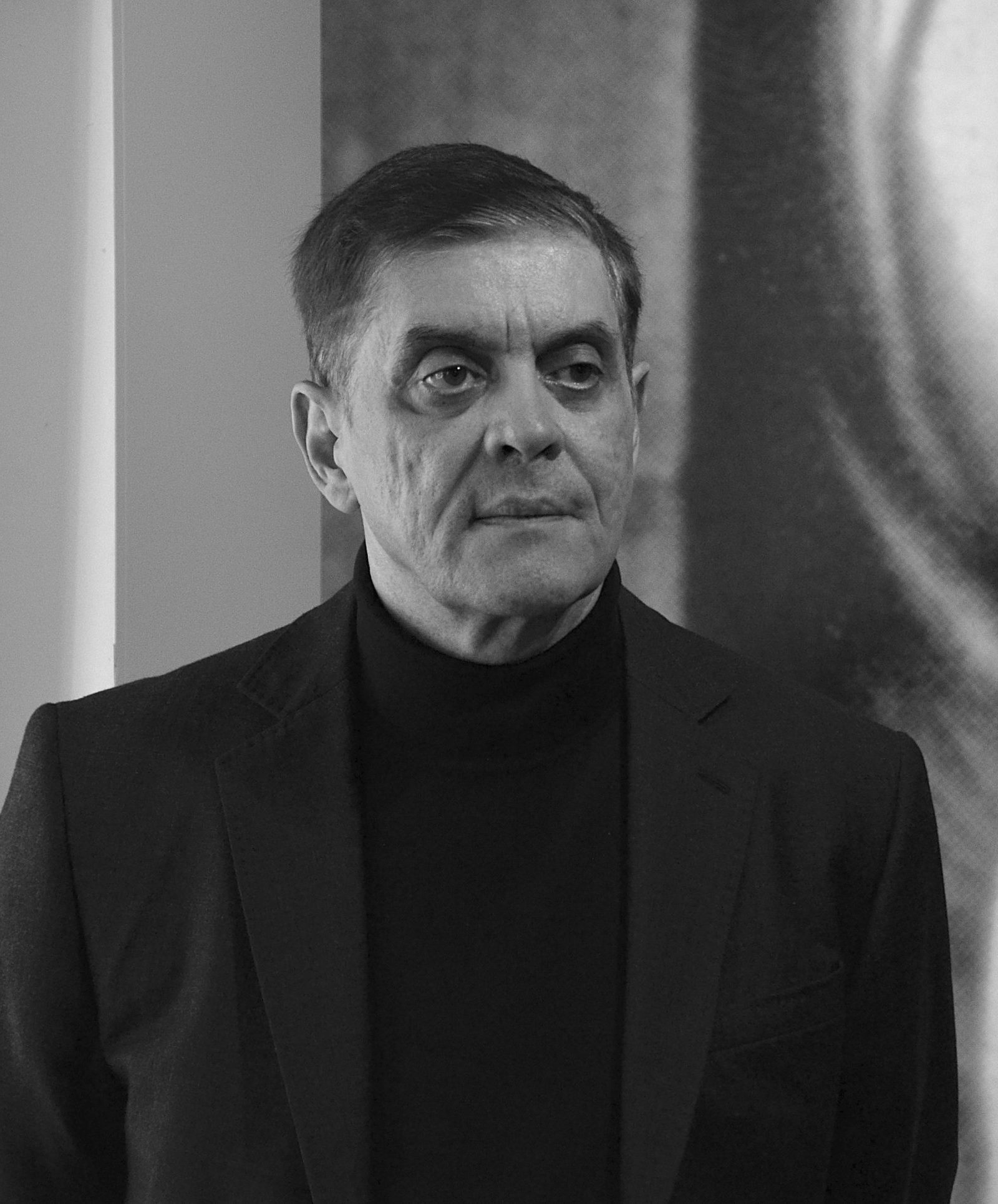
Romani Rose
Chairman of the Central Council of German Sinti and Roma

Katarina Barley
Vice President of the European Parliament

Helena Dalli
European Commissioner for Equality
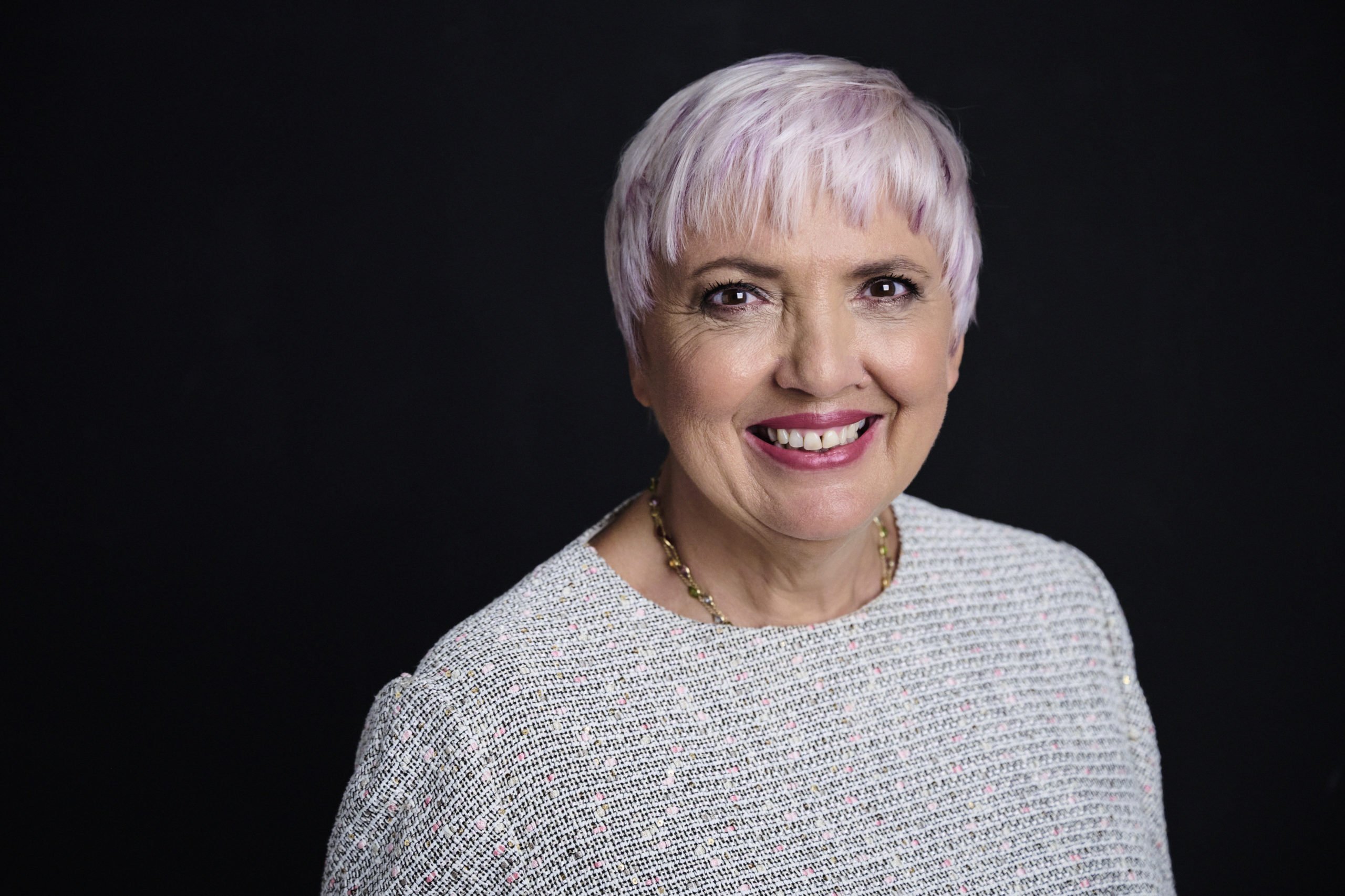
Claudia Roth
Vice President of the German Bundestag
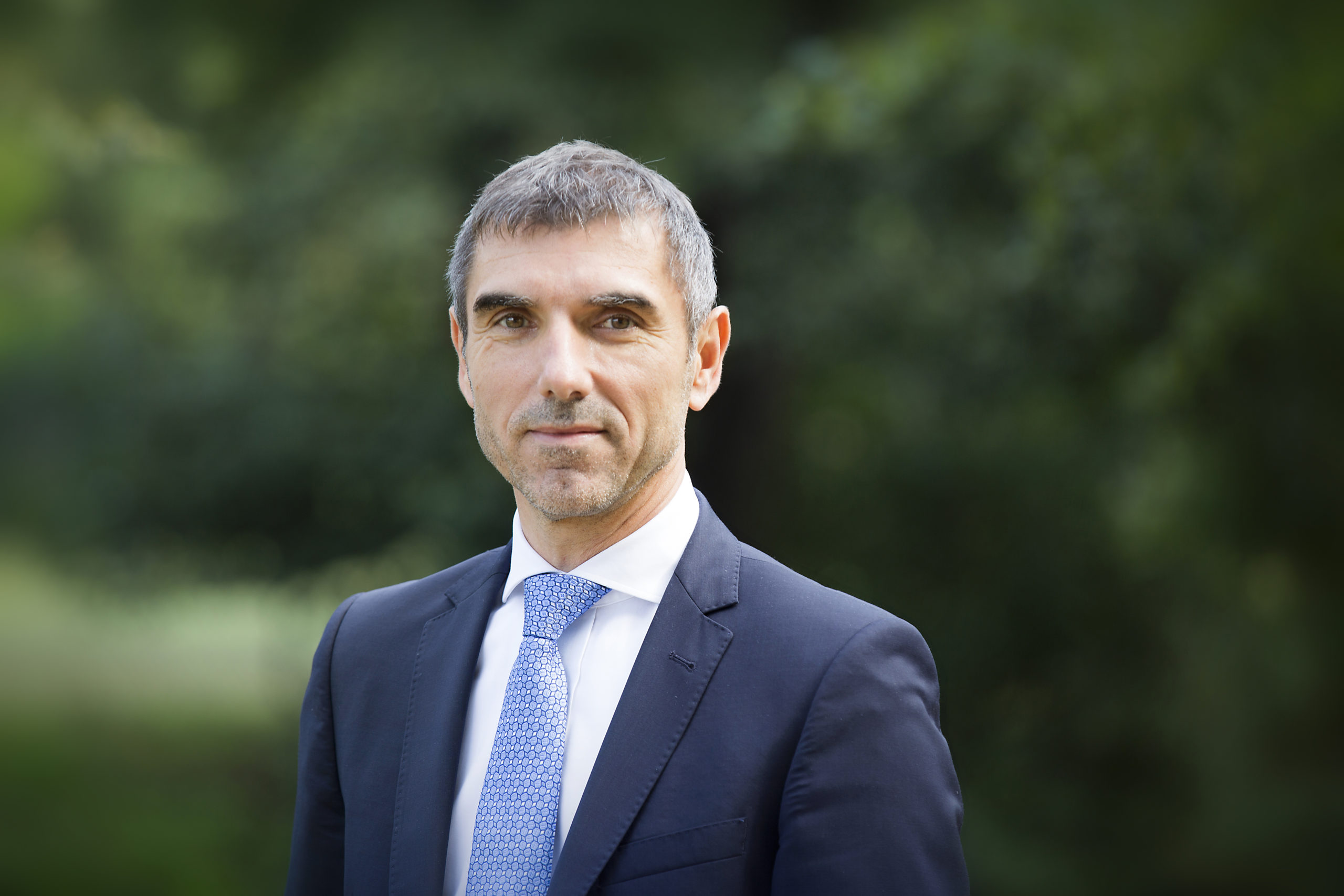
Paul Blokhuis
Dutch State Secretary Paul Blokhuis
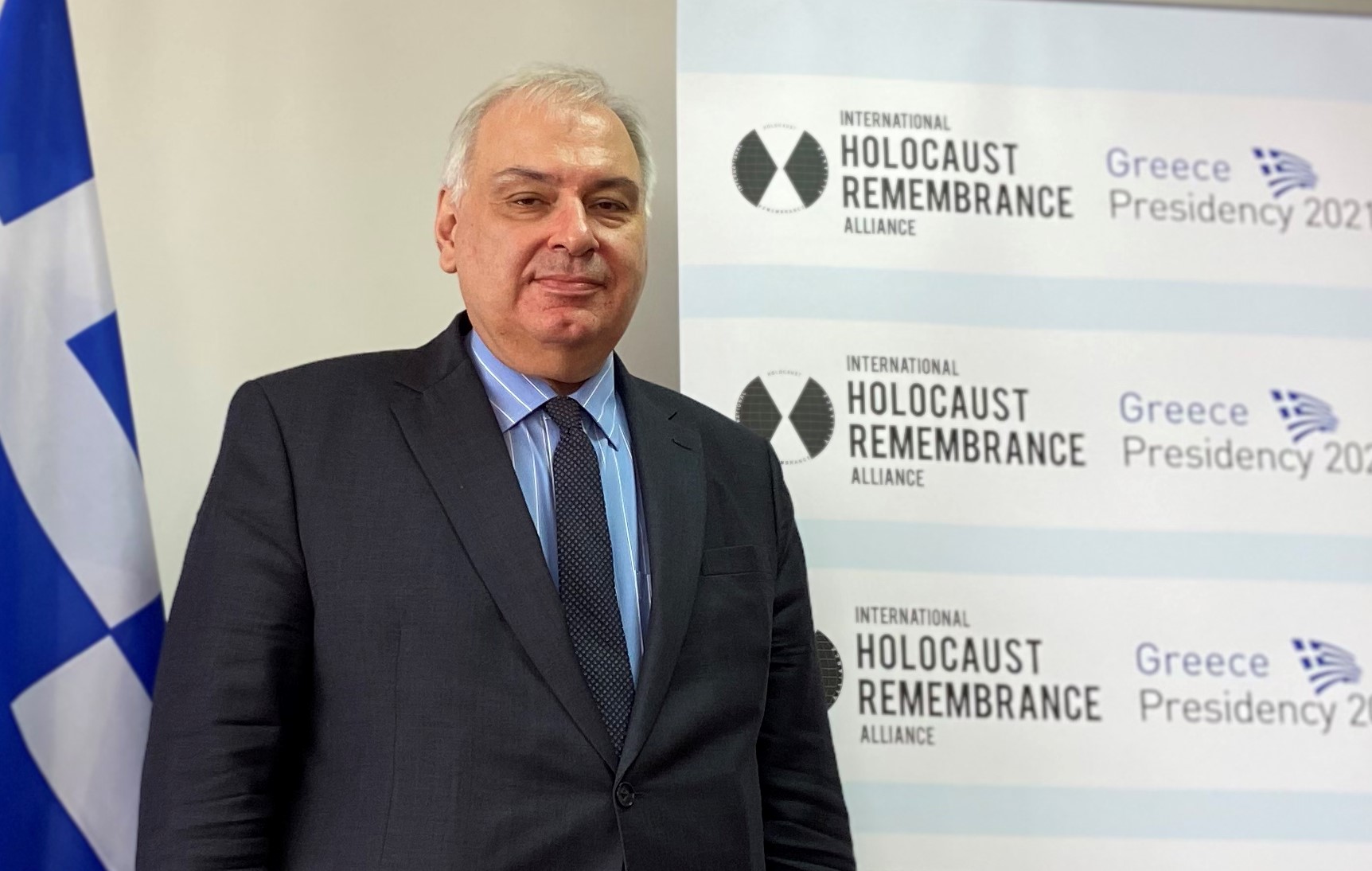
Chris J. Lazaris
Amb. Chris J. Lazaris, IHRA Chairman
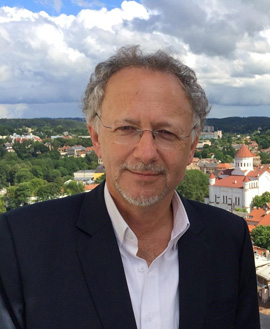
Fernand des Varennes
UN Special Rapporteur UN minorities
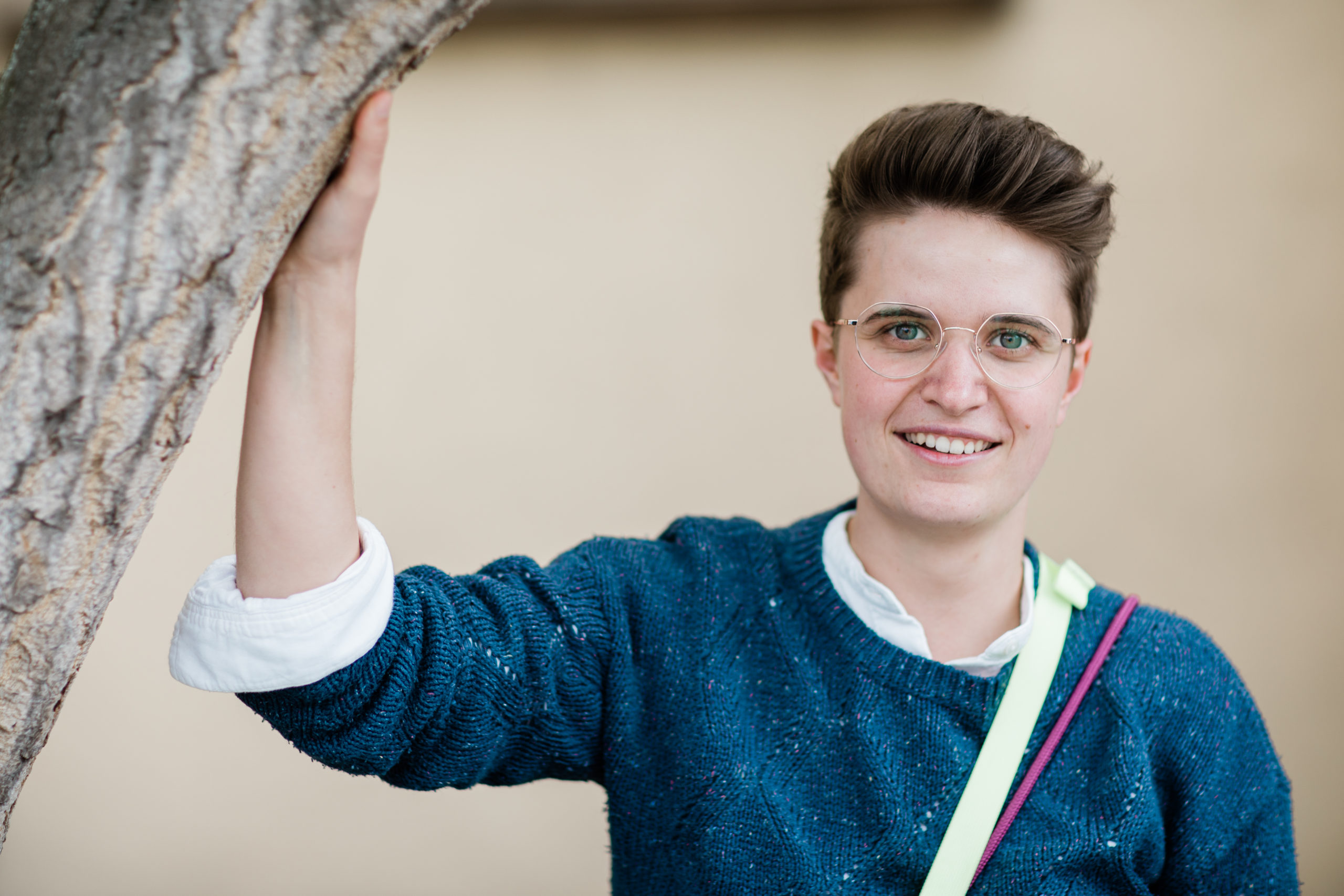
Anna-Nicole Heinrich
President of the Synod of the Evangelical Church in Germany (EKD)

Justin Trudeau
Prime Minister of Canada
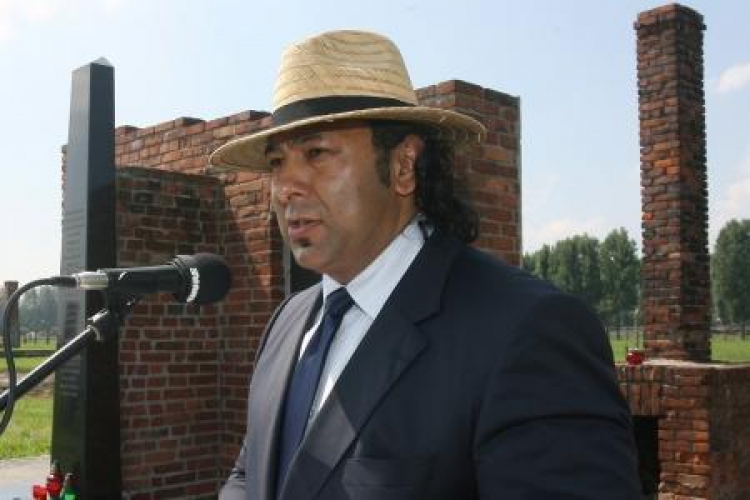
Roman Kwiatkowski
Chairman of the Association of Roma in Poland
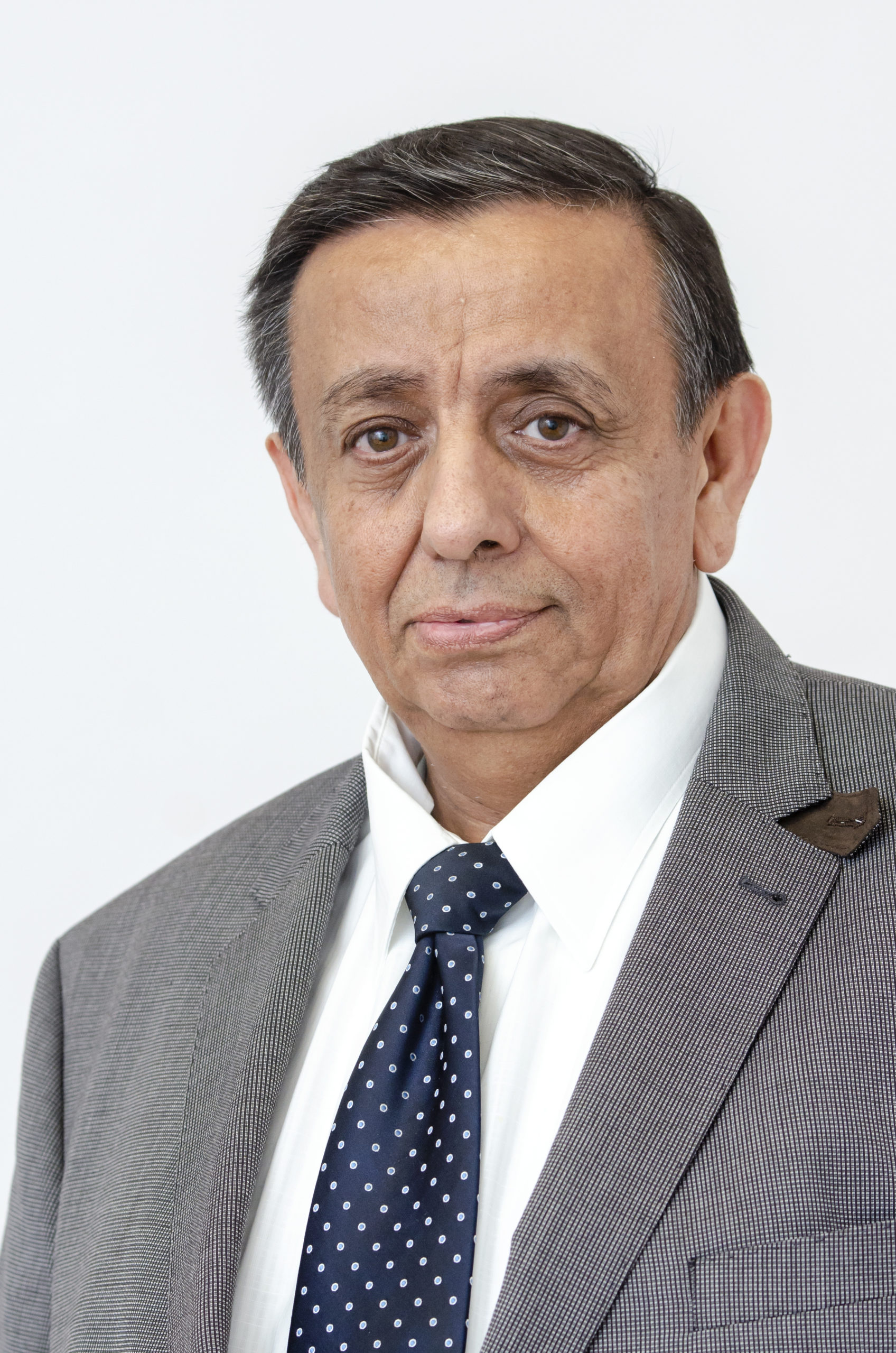
Erich Schneeberger
Deputy Chairman of the Documentation and Cultural Center of German Sinti and Roma and Chairman of the Association of German Sinti and Roma

Timea Junghaus
Executive Director
European Roma Institute for Arts and Culture (ERIAC)
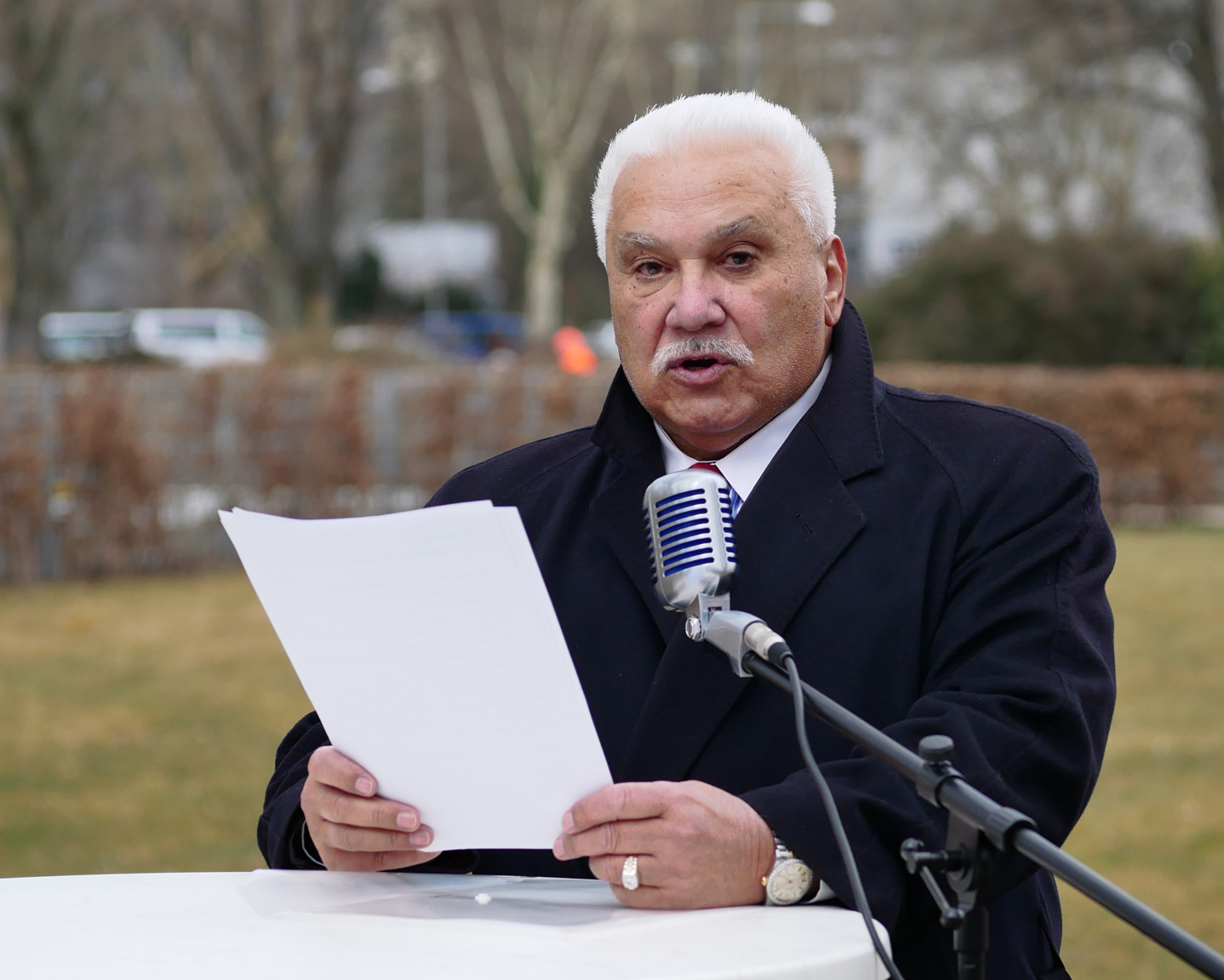
Adam Strauß
Chairman of the Council of German Sinti and Roma in Hesse
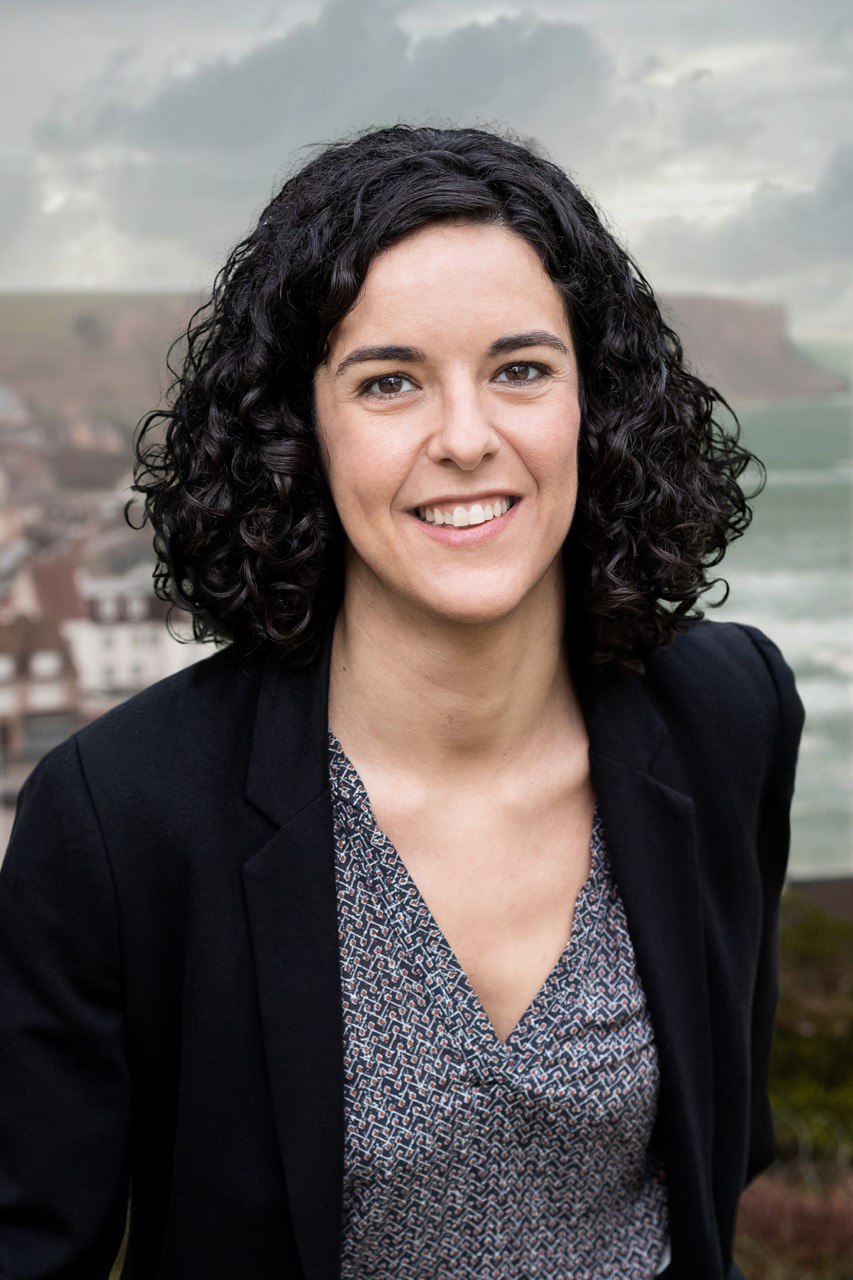
Manon Aubry
Manon Aubry, MEP
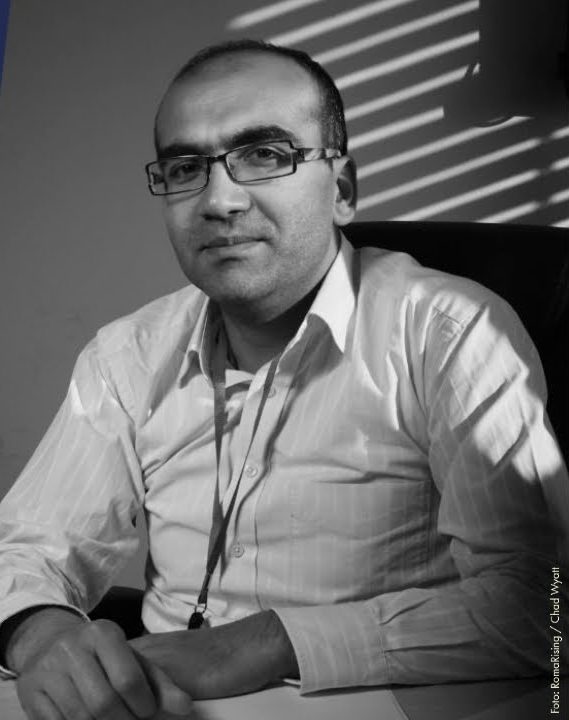
Adrian-Nicolae Furtuna
Historian at the University of Bucharest
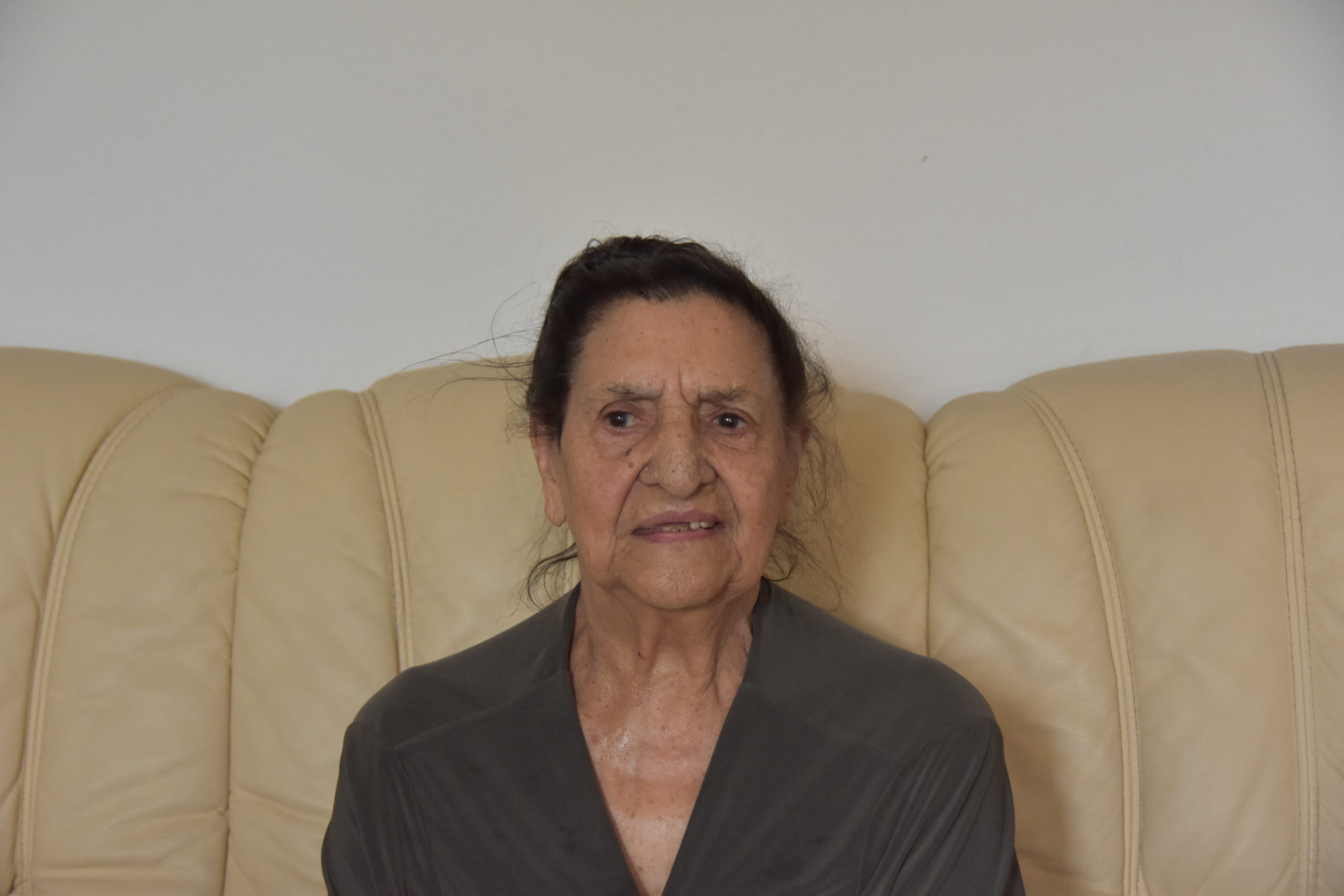
Philomena Franz
Holocaust Survivor

Angelina Kappler
German former Weinkönigin
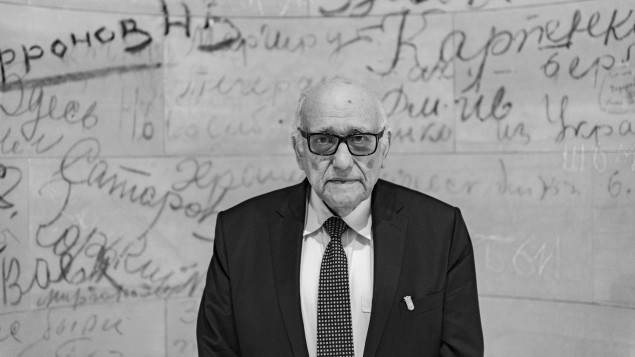
Marian Kalwary
Chairman of the Association of Jews,
Survivors and Victims of the Second World War
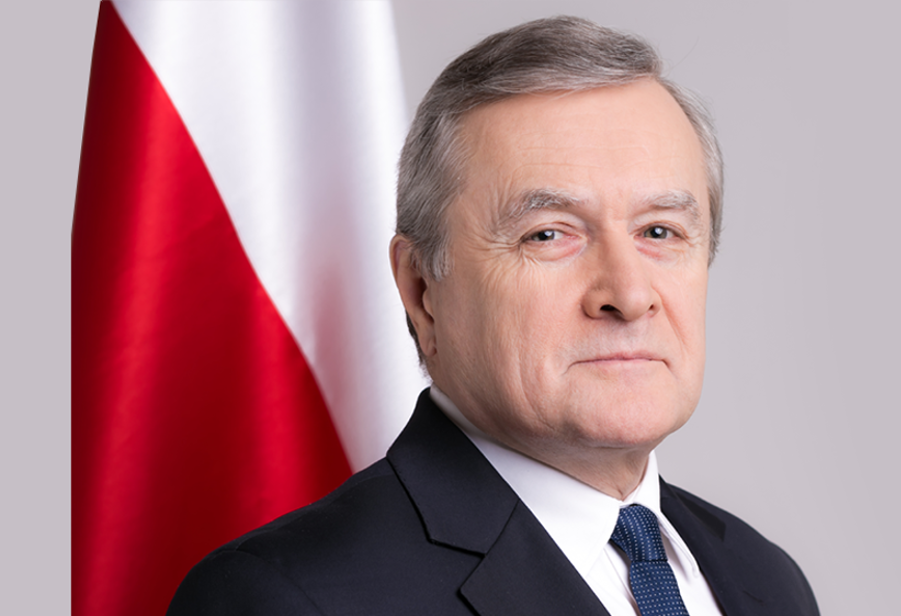
Piotr Gliński
First Deputy Prime Minister and the Minister of Culture and National Heritage of Poland

Izabela Tiberiade
Young Activist from Sweden

Ursula Krechel
Writer
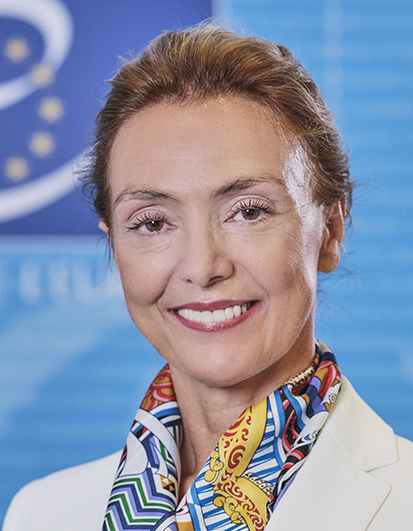
Marija Pejčinović Burić
Secretary-General of the Council of Europe
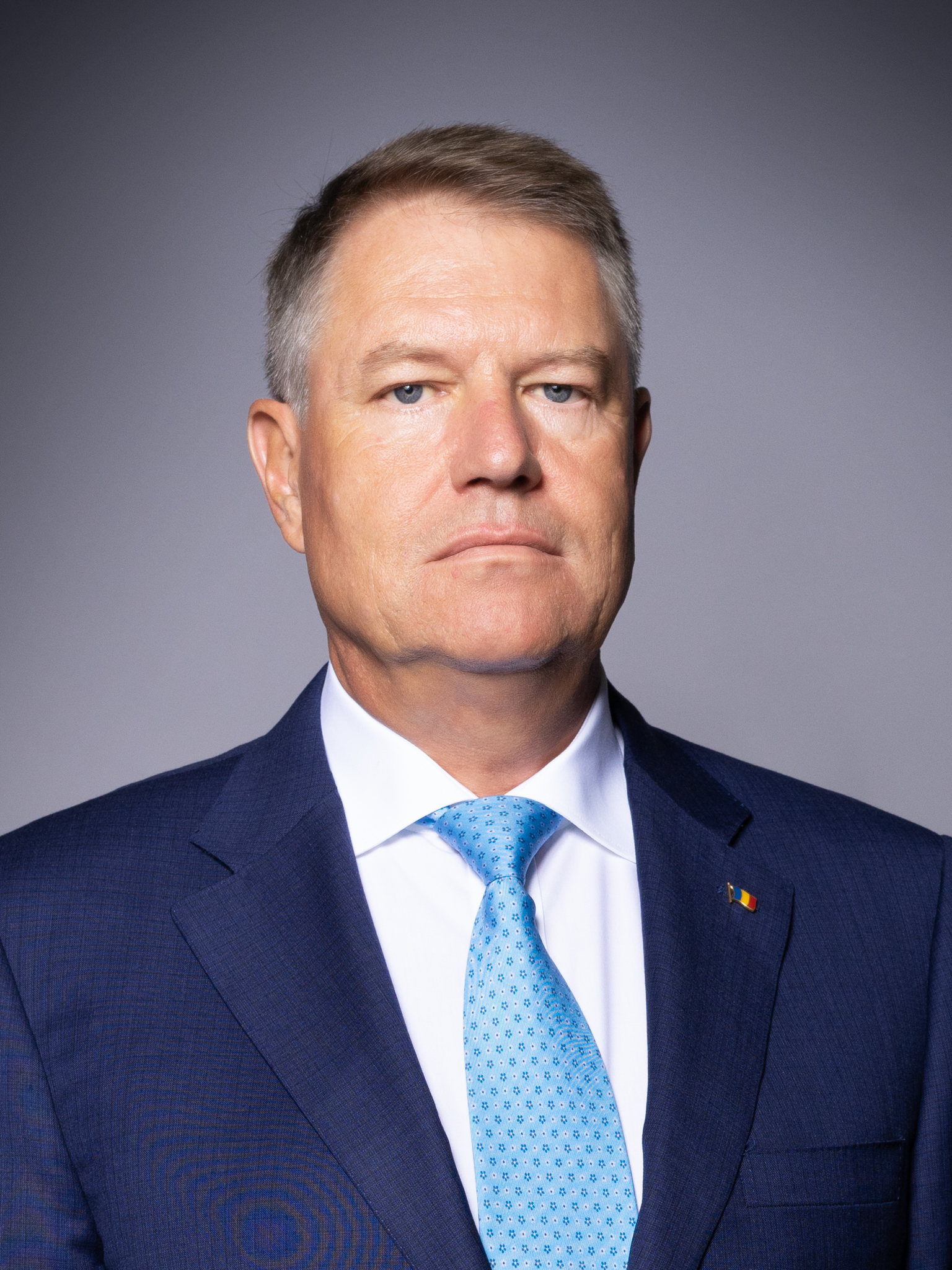
Klaus Iohannis
President of Romania










